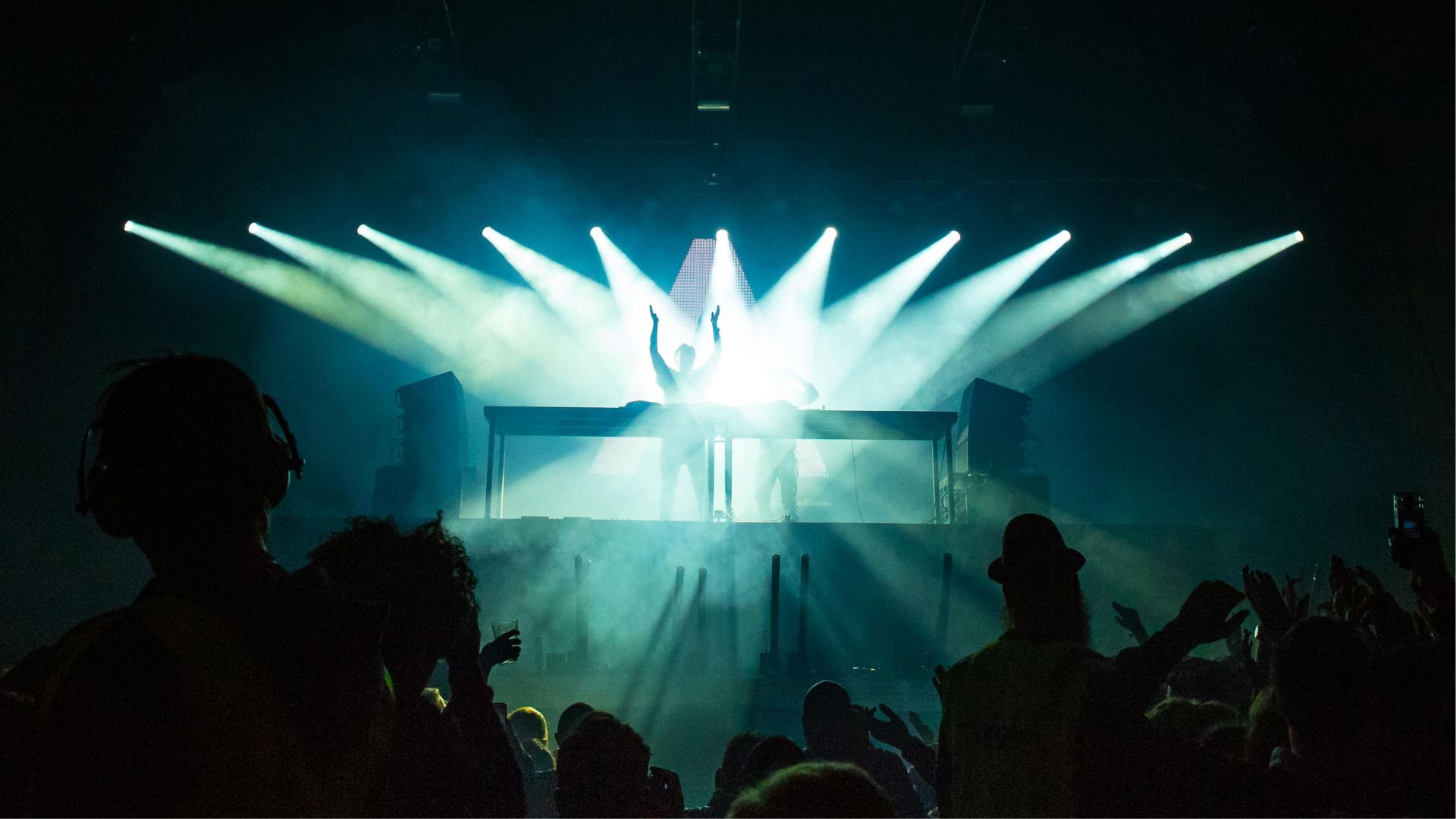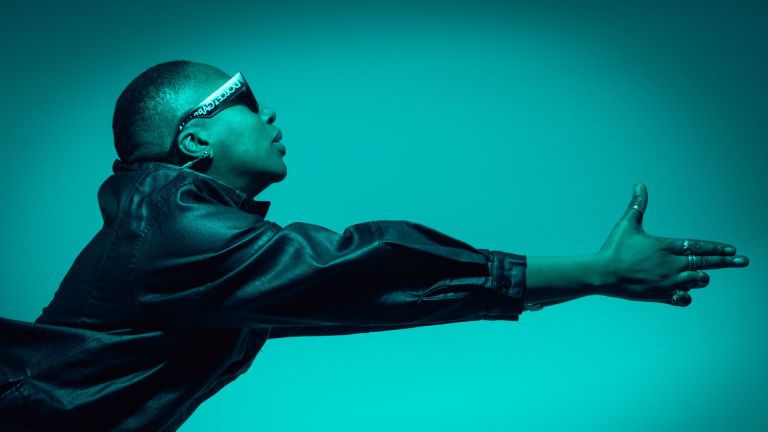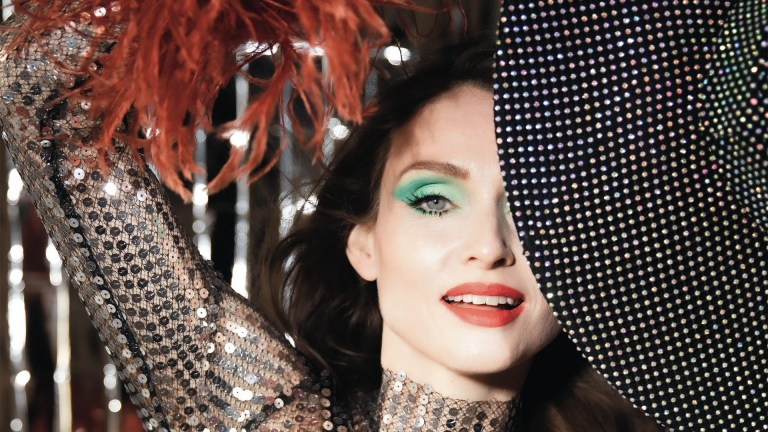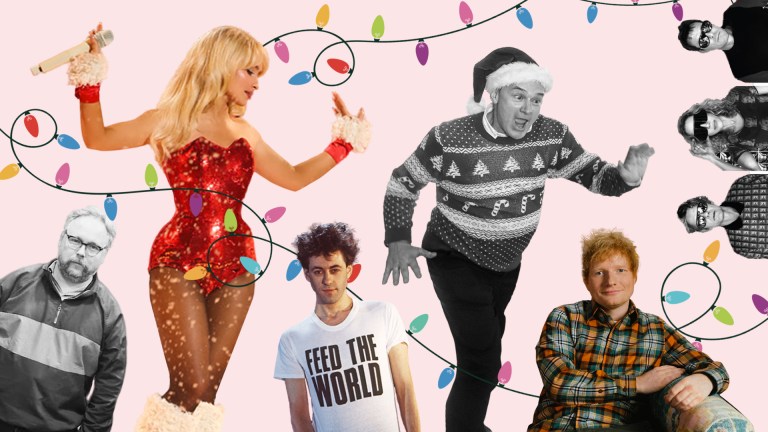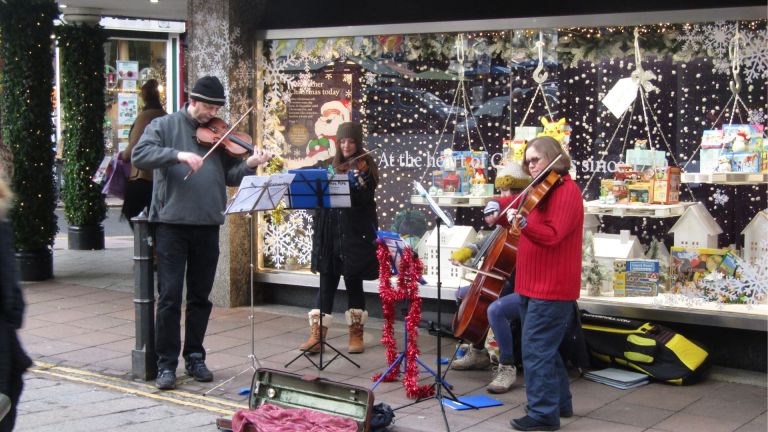This Record Store Day, as we celebrate the independent stores and artists that bring us all joy in one form or another, it’s an interesting time to reflect on exactly why music is so important to us. Why do these diverse collections of beats and riffs, whether melded into hardcore techno, classical melodies, political punk rock or sugary pop hits – play such an important role in our daily lives?
I don’t think I’ve ever met anyone who isn’t affected by music in some way. And it’s no surprise when you think about it. When we are born, we are sung lullabies, when we are dying, we carefully select the songs that will be playing us out at our funeral, knowing that these tracks will epitomise who we were during our lives and how we want to be remembered.
- ‘We haven’t done enough’: Why arenas need to step up and support grassroots music venues
- UK lost 16% of grassroots music venues over the last year: ‘It’s a full-blown crisis’
In some ways, we are expressing ourselves through music after we’ve left this planet, and, in fact, before we are even born – think about the heartbeat we hear in the womb, and the music being played to us by our prospective parents in the hope we pop out as a fully formed rock music fan (or whatever genre plays an important role in their identity).
I’m currently curating an exhibition at Bethlem Gallery, the art gallery based in the grounds of Bethlem Royal Hospital – a place where I was an inpatient on more than one occasion to recover from mental health and addiction problems. During my time as a patient there, I became involved in the arts activities delivered by the hospital and, over the years, these have evolved into the creation of the gallery space and a wide range of professional exhibitions.
But one facet of the arts that has always intrigued me in terms of how it affects our mental and emotional health is music, which is why I put forward the idea of Bethlem Live Lounge – an immersive exhibition where visitors are able to be the art and make the music. The gallery will be transformed into a live lounge and 90s style record store, where the public will come into an extraordinary space packed with wall hangings, sofas, rugs, projections, a piano, drums, digital music equipment, a DJ booth and more. They’ll be able to browse reimagined vintage rock t-shirts and a cassette tape library and mix or make music.
When you think about visiting a record shop, particularly in the days before streaming, it was about much more than just buying the physical album. It was ceremonial – discovering something new, poring over lyric sheets, finding a rare limited edition pressing and snapping it up before your mates did. The physical piece of vinyl is one part of our relationship with music – albeit an important one (which is why, as part of the exhibition, we have made a vinyl album in collaboration with the Bethlem community and renowned artists such as Gawain Hewitt and Nitin Sawhney.) That physical piece of plastic means something – particularly to my generation – and it’s nice in the digital age to be able to hold the thing that can play us the music, not to mention enjoying the design that goes into the sleeve. It’s really no surprise that younger generations are enjoying vinyl these days too.
